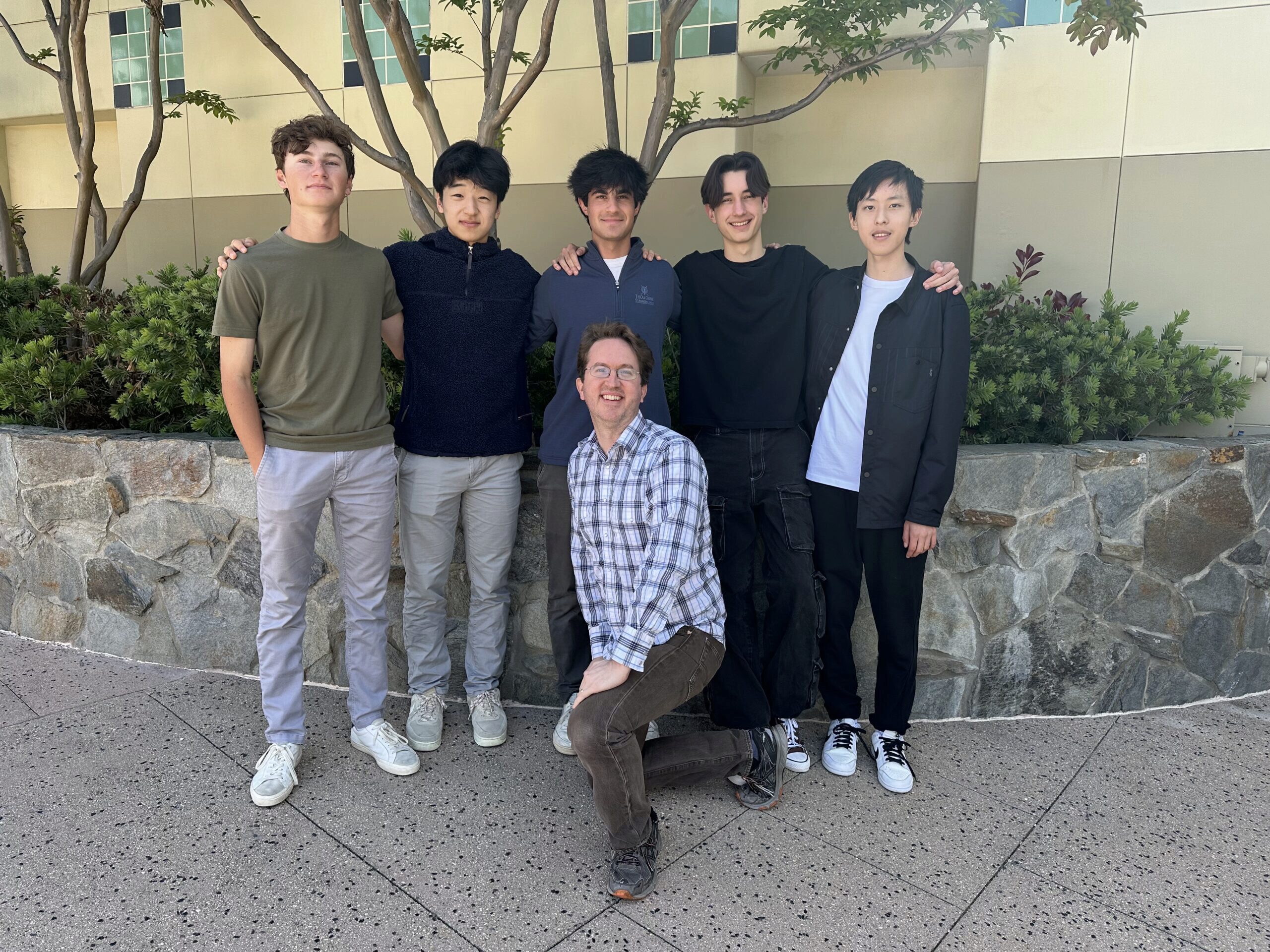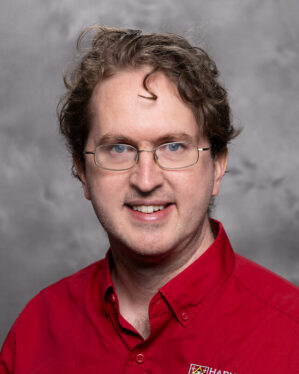Wharton Sports Analytics and Business Initiative
News
The Inaugural Wharton High School Data Science Competition Wins Big
During the winter of 2023 and spring of 2024 more than 280 teams of high school students from around the globe competed in the first ever Wharton High School Data Science Competition, hosted by the Wharton Sports Analytics and Business Initiative (WSABI) and Wharton Global Youth Program. The data competition saw teams of three-to-five students competing to make predictions about the playoff outcomes of the North American Soccer League – a synthetic professional women’s league, with 30 teams and a treasure trove of sports analytics data points and variables.
Led by Adi Wyner, professor of statistics and data science and the faculty co-director of WSABI, a group of data scientists, researchers, and undergraduate students developed the competition components. They created team names and logos using generative AI, and assembled various learning modules and instructional videos that competing teams could watch to get an introduction to statistical topics. Chief among them were the coding languages Python and R, and important concepts in statistics like confounding and variables. The modules even included overviews for the sport of soccer itself and insights on how student teams can leverage tools like Google Sheets and ChatGPT to enhance their data analysis.
The competition took place in three phases. During each phase, teams submitted their analysis of the league’s data and their corresponding methodology, which was then assessed by data experts at WSABI. Much like soccer playoffs themselves, the best teams of the Data Science Competition were selected to advance to the final rounds. Although the field of student teams spanned the entire globe, with participants from India, China, South Korea, Indonesia, Nicaragua, Singapore, Kazakhstan, Nigeria, and more, four of the top five finalists hailed from the coasts of the USA, with the fifth team residing in Texas.
In early April, these finalists assembled on Zoom and formally presented their findings to a panel of judges, which included Wyner, Ryan O’Hanlon, author of Net Gains: Inside the Beautiful Game’s Analytics Revolution, Ella Papanek, quantitative sports trader at Susquehanna International Group, and Seth Partnow, director of North American sports at Statsbomb. After deliberating, the judges awarded first-place to HW_AnalyticsFC from the Harvard-Westlake School in Studio City, California.
HW_AnalyticsFC consists of juniors Ryder K., Ethan S., Michael B., Mason W., and John X. In the summer of 2023, Ethan attended the Wharton Moneyball Academy – another partnership between WSABI and Wharton Global Youth – which has rising high school juniors and seniors spend three weeks on campus at the Wharton School to learn from Wyner about how to apply advanced statistical concepts to sports analytics. When Ethan got an email about the Data Science Competition, he started assembling his team.
“I recruited John and Michael, as I knew they also had strong coding backgrounds…merging with Ryder and Mason, who had a stronger background in sports, complemented our team well, as they were crucial in leveraging our data effectively and critically evaluating our methodologies,” he said. “It’s super rewarding [to win] after putting in so many hours.”
“They did everything themselves. I just marveled at their incredible research.”
Andy Sout, Harvard-Westlake Mathematics Teacher
HW_AnalyticsFC started out discussing their approach to this competition during their school lunches, and would spend late nights creating their models and predictions.
According to John, the team considered a wide range of options for their analysis before deciding on Bayesian inference – which uses a certain statistical theorem to update probabilities as more evidence or information becomes available – as their method for making predictions. “I’ve realized how innovation takes patience and numerous trials and failures behind the scenes to reach a truly novel and effective solution,” he said.
At one point, shortly before the competition’s first deadline, they realized their model had what Ethan described as a “critical flaw,” and stayed up until four in the morning correcting it. “The group chat was really active,” said Michael.
Andy Stout, the team’s math and computer science teacher at Harvard-Westlake, served as their team mentor. In theory, he was available as a resource for the team to help them troubleshoot their code or answer any questions. In reality, he simply cheered them on from the sidelines. “They did everything themselves,” said Stout. “I just marveled at their incredible teamwork, sense of responsibility, and research,” he said.
The win was especially memorable for Ryder, who was traveling with his family in Japan during final presentations. “I had to wake up early and go to bed late a few times to make sure that we were able to plan and discuss our presentation with the whole group,” he said. “My parents had come into the room during the judges’ deliberation, so to be with them when we won and to be able to celebrate together in Japan was very rewarding. It took me a few seconds to turn on my Zoom microphone to say ‘thank you’ because they were yelling so loudly.”
Mason, a member of Harvard-Westlake’s highly competitive baseball team, and Michael, who excels in competitive robotics, both doubted their team’s name would be called at the end. “Aww, we’ll get ‘em next time,” Michael thought after the third- and second-place teams were announced. Mason was stuck in traffic en route to a game when Wyner announced their team had won. “It was shocking and awesome,” he said. “I was completely blown away,” added Michael.
“This competition taught me the importance of a team dynamic that is diverse in skillsets,” Mason continued. We have team members who are extremely advanced coders, and we have people with an incredible depth of sports knowledge. We have people who are good planners and can craft a cohesive presentation, and others who are better at presenting and answering questions on the spot…all of us learned from each other and combined to make a great product.”
To learn more about the Wharton High School Data Science Competition, click here.




